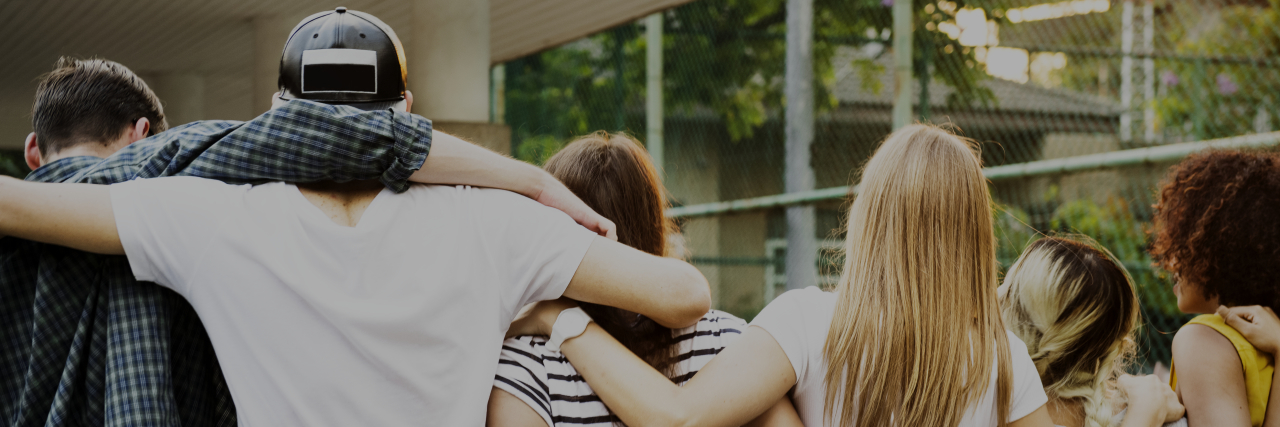For many years I wished that I didn’t have a learning disability. I thought that if my disability would be cured, then my life would be perfect. If you would have told me as a child that I would talk openly about my disability I wouldn’t have believed you.
The first article I got published on The Mighty was the ordinary task I struggle with as a person with limited hand dexterity. I was excited to get published, but nervous about the reactions of other people. I was pleasantly surprised to have a warm and supportive audience. I began to write more articles and had more opportunities presented to me, although I still had challenges with my learning disability and hand dexterity. But I soon learned how powerful peer support is to individuals with disabilities.
Through sharing my story, I have found support from peers that also have learning disabilities. Many people have said that my story has helped them by giving them the verbiage to describe their own disability. Others have said that they could relate to certain aspects of having a learning disability that I have written about.
For many years having a disability was a source of shame for me. I would not want other people to know that I had a disability. Having an invisible disability often makes it easier for strangers not to see my disability, but in the small close-knit community I went to school in it was impossible to hide. The peers I went to school with knew I had a learning disability. The community was accepting of people who were like them and didn’t like anyone who was different. I wanted to fit in and be accepted with everyone else. Although my learning disability hasn’t gone away, peer support has helped the stigma that I felt to slowly disappear.
Another benefit to having peer support is disability representation. This is important for people with disabilities to develop a connection. I can remember not knowing many people who had learning disabilities that were successful adults. I often felt a disconnect with my peers in school. The majority of students in my learning support classes had reading and behavior issues. Sadly, many of them came from rough family backgrounds. Many of them didn’t associate me as smart and would tell me how dumb I was. I remember a peer in the class always calling me names. The students in regular education thought that I was stupid because I went to learning support classes for math and needed to have tests read to me.
Many people associate learning disabilities with difficulty reading words, but few people understand that dyscalculia, the math disability, is real. People think I can’t have a math disability because I can do very basic math and count. Many don’t understand the full scope of how my disability affects my every day life in math and other areas. But another person who shares the same disability has a better understanding because they know what it is like.
Surrounding myself with others who share a similar diagnosis is important. I can share my experience with family and friends who don’t have a learning disability, but even loved ones may not understand what it’s like to experience my disability.
While each person’s experience with a learning disability will be unique, there are some things that are shared. The type of disability and the symptoms
may vary but the feelings associated with having them are similar. Peer support creates a community of understanding people. My peers may not be able to fix or cure my disability, but they provide friendship and a listening ear.
Peer support can be done with in-person support groups or virtually, especially during the pandemic. Some peer support programs are official support groups, while others are geared towards interests such as journaling or art but still provide the connections with other peers who have a disability.
It has been a few years since my first article has been published on The Mighty and many years since I got diagnosed with a learning disability. I still face challenges with hand dexterity, math and other things. But what has changed is that I now feel less alone, in the joys and challenges of having a disability. I know that other people have learning disabilities and understand what it is like to live with one. I also help other people through sharing my story and working with students at my job as a paraeducator. I am so grateful for all of the peer support that I have been given.
Photo credit: Rawpixel/Getty Images

